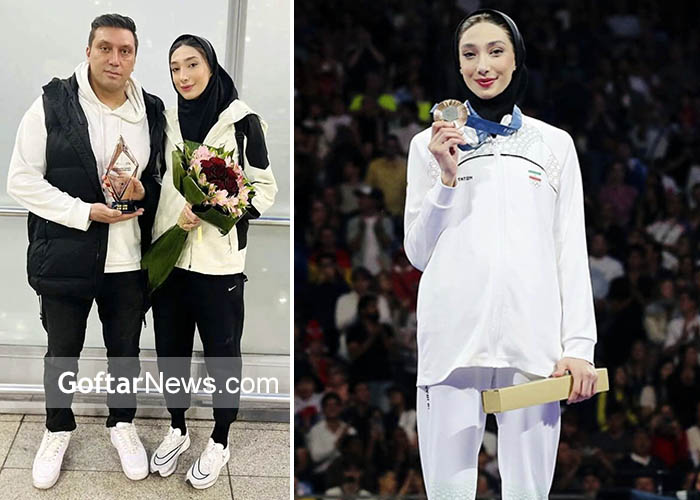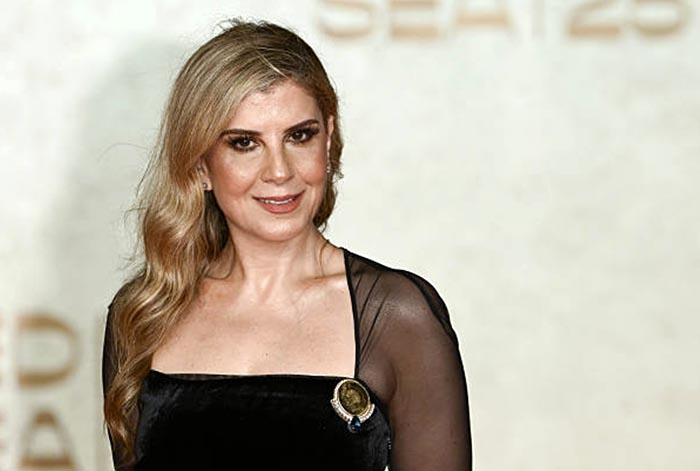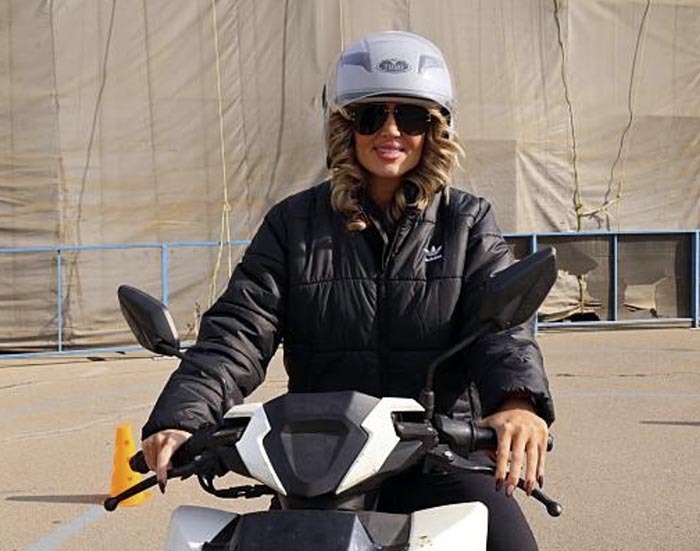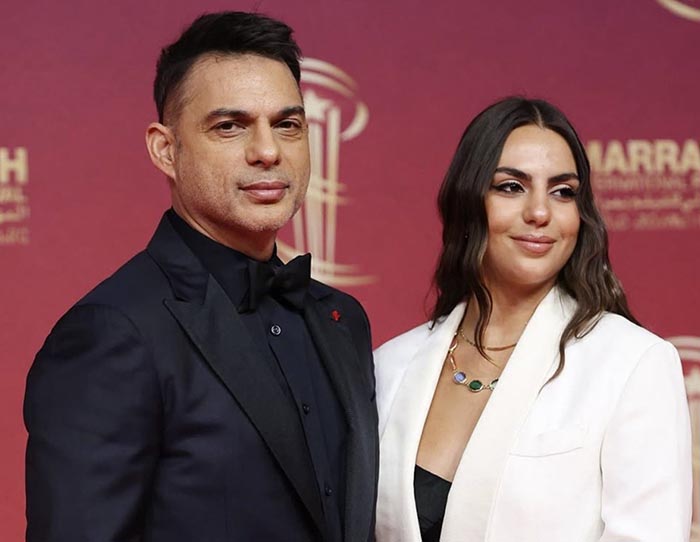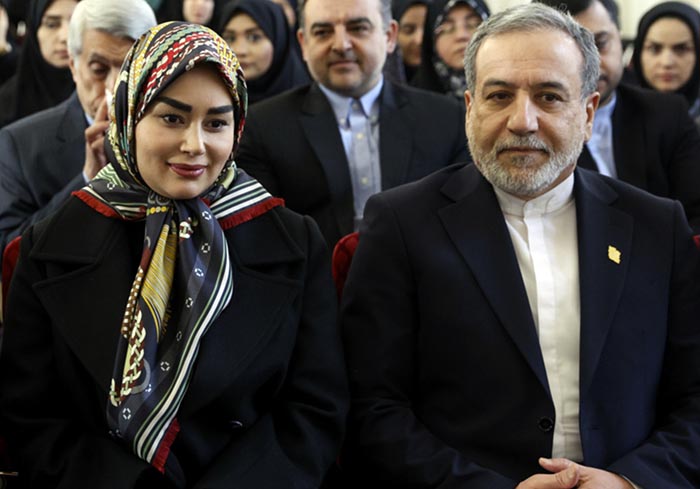Studying Medicine Without Entrance Examination and Photos Before Plastic Surgery: The Case of Mobina Nematzadeh
The Future of Mobina Nematzadeh: What Lies Ahead
As the debate continues, Mobina Nematzadeh’s future remains uncertain. Whether she is granted admission to medical school without the entrance exam or chooses another path, her story will undoubtedly continue to inspire and provoke discussion.
Mobina’s situation also serves as a catalyst for broader conversations about the intersection of sports, education, and societal values. Her request has challenged existing norms and opened up discussions about how societies recognize and reward different forms of achievement.
In the coming years, it will be interesting to see how Mobina’s case influences policies related to the admission of athletes to academic programs in Iran and beyond. Will her story lead to more flexible admission criteria for top athletes, or will it reinforce the importance of standardized exams as the primary gateway to academic opportunities?
Conclusion: The Balance Between Achievement and Fairness
Mobina Nematzadeh’s request to study medicine without an entrance examination has sparked a national debate in Iran, raising important questions about fairness, meritocracy, and the recognition of different forms of achievement. Her story is a reminder that excellence can take many forms, and societies must grapple with how to value and reward that excellence in a way that is fair and just.
The broader implications of this debate extend beyond Mobina’s individual case. They touch on fundamental questions about how societies define merit, the role of standardized exams in educational systems, and the ways in which different forms of achievement are recognized and rewarded.
As Mobina continues her journey, whether in medicine or another field, her story will remain a powerful example of the challenges and opportunities faced by athletes who aspire to excel not only in sports but also in academia. The ongoing discussions surrounding her case will likely influence future policies and shape the way that athletes are integrated into educational systems, both in Iran and around the world.
Ultimately, the balance between achievement and fairness is a delicate one, and Mobina Nematzadeh’s story is a compelling example of the complexities involved in finding that balance.
